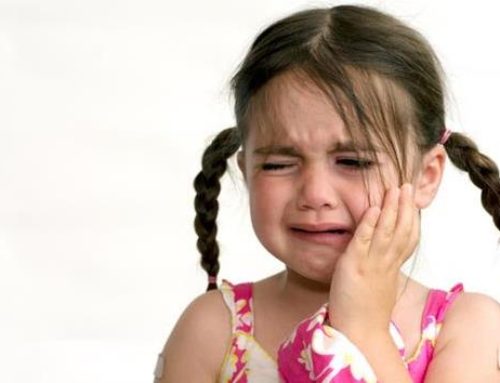Popular.. I know about popular.
It’s not about who you are or your fancy car
You’re only ever who you were.
Popular, I know about popular
And all that you have to do is be true to you
That’s all you ever need to know.”
Lyrics to the “Popular Song” by Mika featuring Ariana Grande.
Popularity has been a longstanding center of attention (no pun intended) for many teens. Teenagers are at the age when the opinions of their peers far outweighs the opinions of their parents. A strong desire for recognition can turn a seemingly normally developing teen into a child who engages in risky and even dangerous behaviors. Your teen is looking to belong and be accepted. Being “different” leads to rejection and then ensuing self loathing and other emotional distress. Today’s teens have the added pressure of social media; How many “likes” they get on an Instagram picture or how many followers they have on Snap Chat could determine their social status.
Most teens like to keep their social lives and their home lives very separate. A good amount of secrecy is certainly normal and acceptable but it makes it much more difficult for parents to keep a distant eye on their teens to make sure they stay out of trouble and make good choices. Have you ever walked into your son’s room and seen the quick shift of the computer screen or blank screen so you can’t see what he is doing? This makes it important for parents to carefully navigate the balance between being too nosy but also being aware. Do you know who your daughter’s close friends are? Does she allow you in the room when her friends come over? Does she even invite her friends over or is she always asking to go to their homes?
It is important for your teen to know you have certain boundaries and expectations regarding her social behavior. This includes areas such as curfews, how many nights you allow them to socialize, how you expect them to contact you and what information is a necessity to give (where you are going, how are you getting there and who are you with, to name a few.) Let your teen know that you want to meet her friends at some point early on in their friendship and definitely tell your teen what they are not allowed to do with their friends such as leaving the local area without asking first or hanging out where alcohol is (known to be) served.
It is important for parents to remember that teens in general are self-absorbed and thus can be forgetful to “check in” or keep their parents informed which makes it is very easy for parents to lose touch with the goings on of their teens.
If your teen comes to you with concerns about her popularity it is important not to dismiss it or diminish the power it has over her. The last thing she needs to hear is a flippant, “Oh you must be exaggerating that no one likes you. You are a very likable person!” or, “Who cares if they didn’t invite you to the party. They were probably misbehaving anyway.”
Try to observe how your child interacts with his buddies so that you can tell when his behavior changes. I do not mean you should spy on him or eavesdrop on conversations. Just be vigilant about watching and learning about your teen’s social habits over time.
If your son approaches you about his lack of popularity or another social issue, first, feel blessed that he even wants to talk about it and especially that he wants to talk to YOU about it! Second, offer advice in an informal way that does not feel threatening to him. Tell him you are just giving your opinion and that he essentially needs to make his own decision about what he wants to do. If he feels judged or not heard he might not come to you again for advice. Your teen might be using your conversation as a way to think out loud and work out the issues on his own. Instead of trying to swoop in and fix the problem for him it is a better idea to be an active and empathic listener instead.


